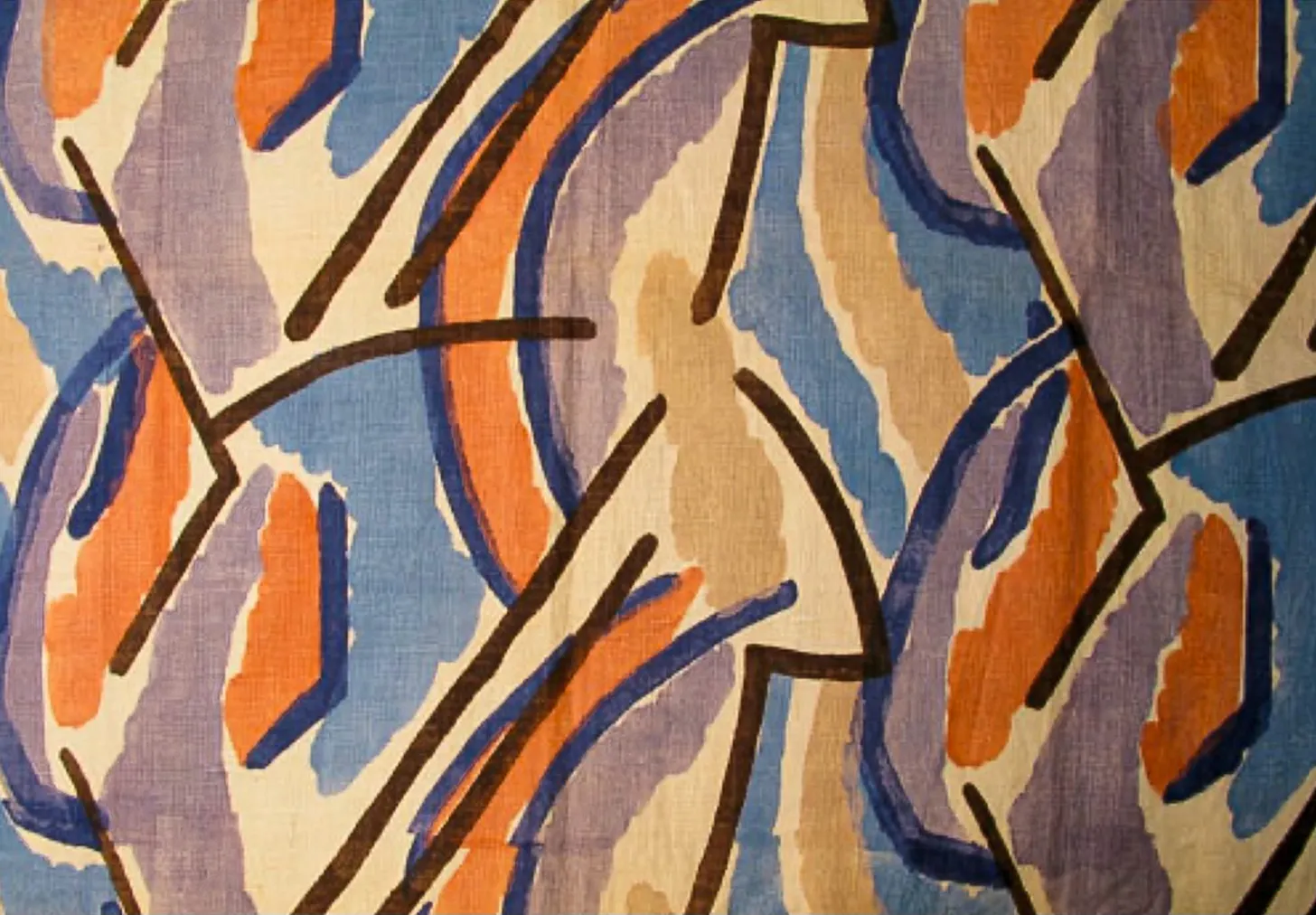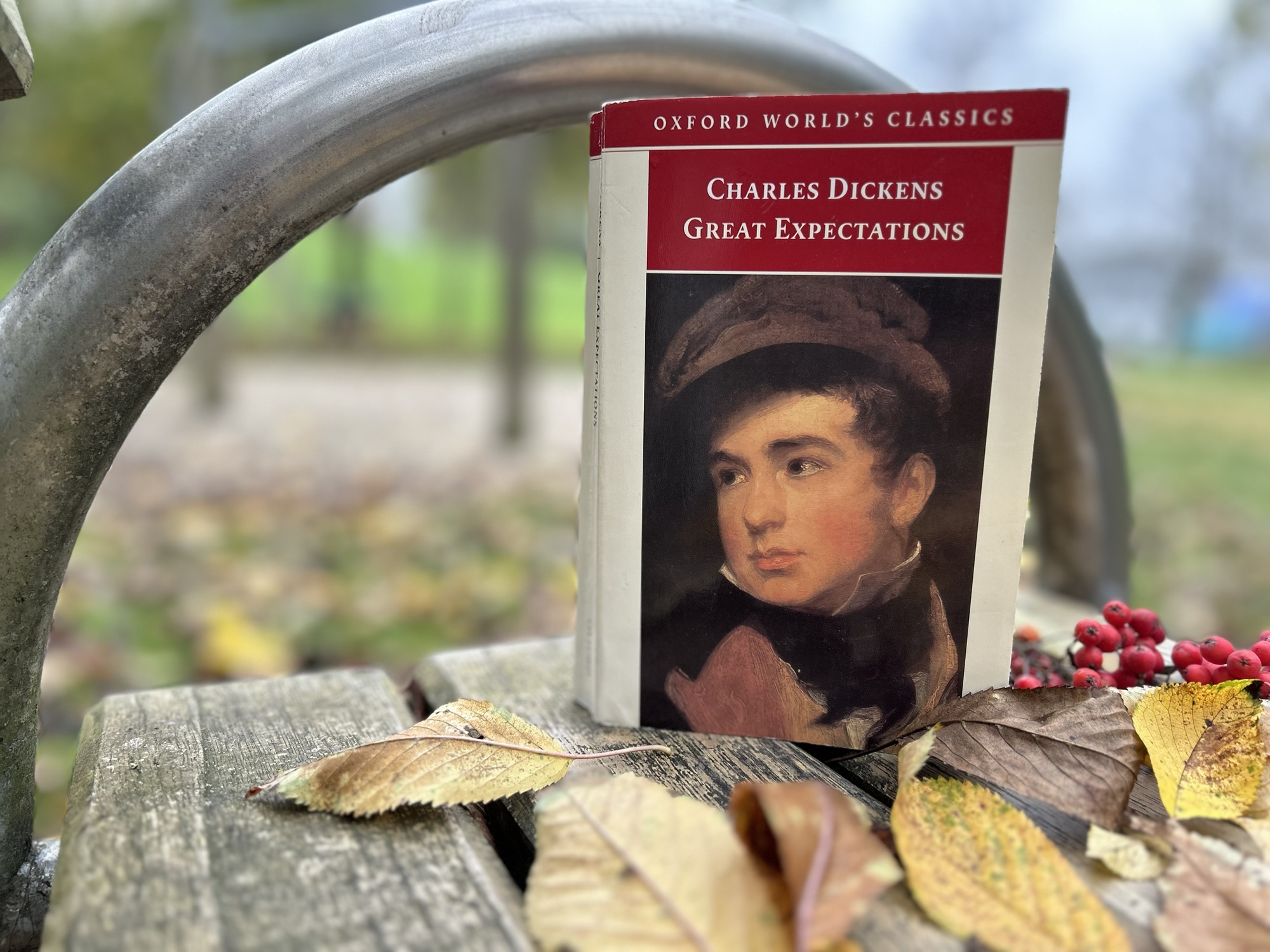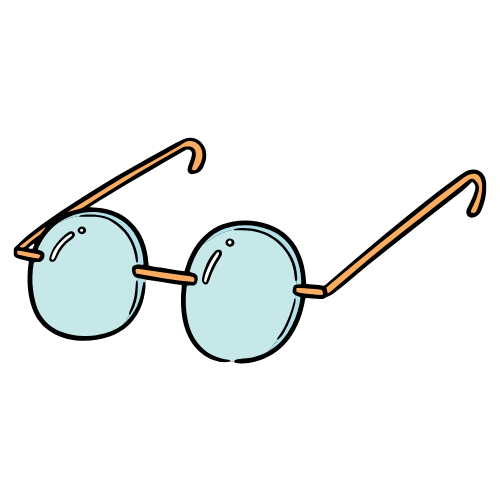In 2012, when I first read Charles Dickens’ Great Expectations, I described it as “twisted”. “The story is nice, and quite modern, but the feelings which the main character gave me, were not so nice”, I wrote, clearly desperately trying to find something “nice” about the whole thing. My benevolent attitude was unfortunately left fruitless. I abandoned the book because “I didn’t have the patience to wait for the story to finish”, as I justified it back then. I’m rather guessing I was eager to return to the fifth book of Game of Thrones, the novel of the day back then. Which, understandable, I suppose.
I grew some patience over the past 12 years when it comes to door-stopper classics which don’t open themselves to me during the first 20 pages (or 100). But that feeling I had back then that there was something “twisted” about the story didn’t change when I decided to return to Dickens’ novel. It still feels crunched into itself, unsettling and, for all its apparent resolution, strangely incomplete at the end. Maybe because Great Expectations is a mournful novel, a dark novel of ascent and descent through social class, of circling, denying and finally accepting oneself, of revisiting past mistakes and of making sense of a past which recedes further and further away. Or maybe simply because it has two endings.
what is great expectations “about”
Many argue that Great Expectations is one of Charles Dickens’ best novels, a semi-autobiographical work of fiction which goes beyond simple plot twists and magical coincidences, which Dickens is otherwise famous for. This really does make the novel to be about many things, but one of its main plot lines is the social rise and fall of Pip, an orphan raised by his harsh sister and her kind blacksmith husband, Joe Gargery. Growing up in rural England, Pip’s life changes when he encounters an escaped convict, Magwitch, whom he helps despite being afraid of him. Shortly after, Pip meets the wealthy and eccentric Miss Havisham and her beautiful, cold-hearted ward, Estella. Pip falls in love with Estella, dreaming of becoming a gentleman to win her over. To his surprise, a mysterious benefactor provides him the financial means to move to London and achieve his ambitions. Believing Miss Havisham to be his benefactor, he grows increasingly disconnected from his humble roots and loyal friends, especially Joe.
At this point in the story, Pip is as far as he can be from his own self. He is blinded by the money he easily came to possess and has no other goal in front of his eyes but to win Estella’s favour and make himself out to be the gentleman he imagines he is. Pip creates a persona for himself and, in doing so, he creates imaginary personas for all the people he holds dear and who hold him dear. Probably one of the most affected by Pip’s delusions is Joe, though Joe loves and respects Pip too much to tell him the truth about who the new Pip really is. Pip starts having conflicting feelings about his roots, and what is most disturbing about it is not that he aware of the conflict. It’s that he wants to hide it to keep his new image of himself intact.
It is a most miserable thing to be ashamed of home. There may be black ingratitude in the thing, and the punishment may be retributive and well deserved; but, that it is a miserable thing, I can testify. Now, it was all coarse and common, and I would not have had Miss Havisham and Estella see it on any account.
pip returns and pip’s returns
Pip is the novel’s grown-up narrator, and he tells his story with a haunting sense of nostalgia, reflecting on the unusual events he went through, but also on the boy he once was. Yet Pip is perfectly able to keep the present him and the past him separated. The story throws the reader into a remade past and the present almost lies forgotten, except for short moments which are tinged with the manoeuvers of the storyteller who knows his craft only too well.
That was a memorable day for me, for it made great changes in me. But, it is the same with any life. Pause you who read this, and think for a moment of the long chain of iron or gold, of thorns or flowers, that would never have bound you, but for the formation of the first link on one memorable day.
As Pip’s financial situation changes, he leaves his hometown and moves to London. Yet the compulsion to continue to return, either to Joe or to Miss Havisham’s house, Satis House, never leaves him. On some level, he wants to make amends to Joe, whom he knows he’s neglecting, but he doesn’t seem to bring himself to care enough about Joe to bring his intentions to an end. On another level, he wants to learn about Miss Havisham’s intentions, whom he believes to be his benefactor. He assumes, of course, that Miss Havisham has a great plot in her control, where he is supposed to be the hero marrying the beautiful girl in the end, but of course, this never happens. The beautiful girl Estella makes her own choices, and Miss Havisham dies, trapped in the clutches of regret.
how does great expectations “end”
For a novel which doesn’t even really have a beginning, Great Expectations can hardly have an end. Metaphorically speaking, of course. One of the most marked things in Pip’s life is that he is an orphan. His life is defined by a sense of absence and by a constant search for a sense of belonging. This is also a reason why his delusions of grandeur take hold in his mind. He, a boy of nobody can suddenly become somebody. But in this world of shifting identities and unresolved desires, Pip’s story is less about tending to a happy end and more about endless returns to happier times and to a place of origin in the futile attempt to create the straight line of becoming a gentleman.
The novel actually has two endings. There is the “official” one, which gives a glimpse of hope for Pip and Estella turning back to each other after each of them has made their choices in life. And then there is the discarded one, which sets the two apart for good. What the two endings have in common is, of course, the return. The lovers who never were are reunited to be given, or not, a second chance. The ruins of Satis House, where the two meet again in the “official” ending could be the place of a new beginning. Or not, and that’s the twist of it. For me, this speaks to the bittersweet taste of maturity, which settles into a quiet intimacy, away from sensationalist inheritances and complicated adventures on the Thames.





your thoughts?